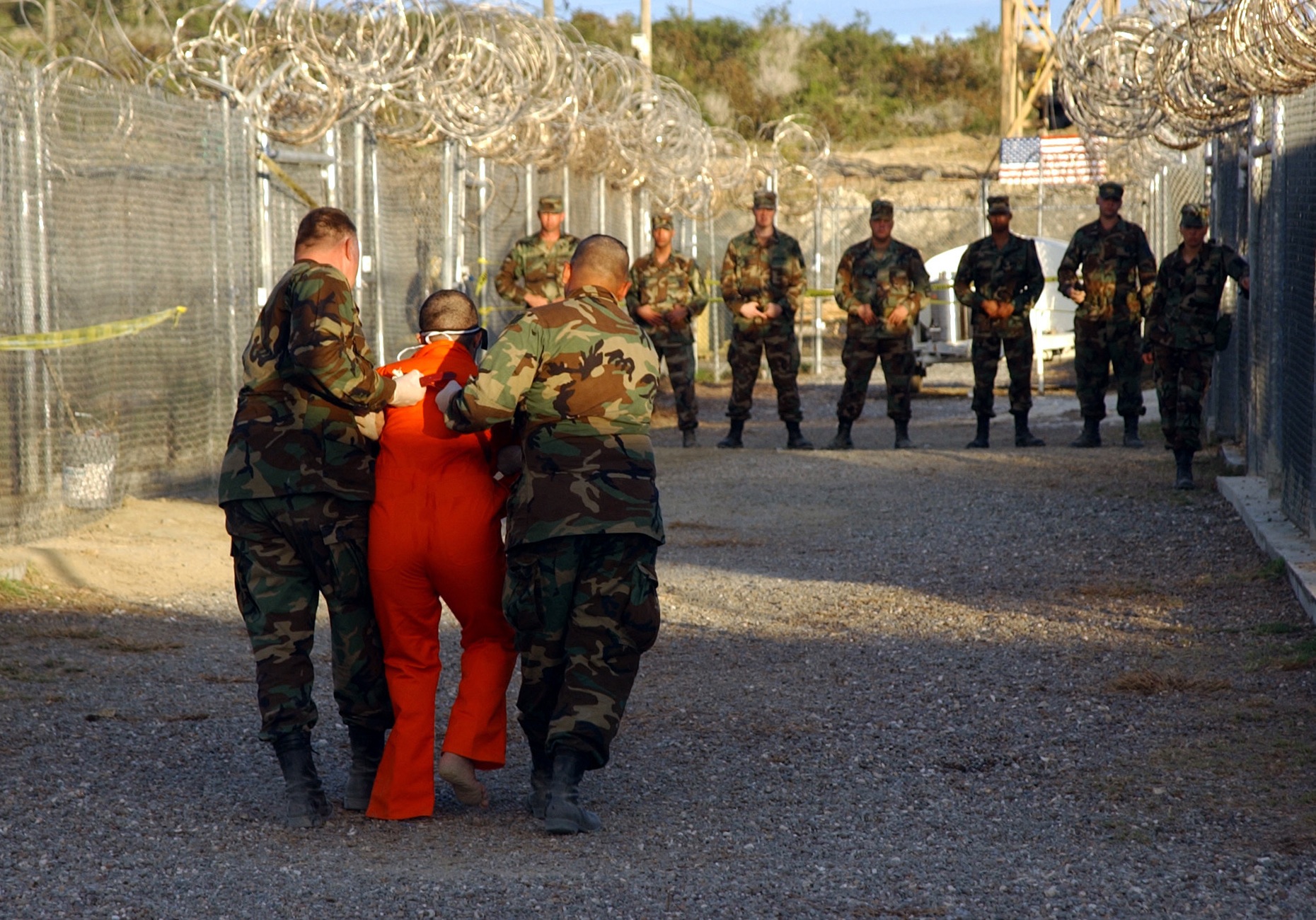The ICJ called for the closure of Guantanamo Bay and for anyone suspected of committing criminal offences to be brought to trial without delay before an ordinary criminal court.
The call came on the day that the United States Supreme Court decided that trial of Guantamano Bay detainees by military commissions violates US law and US obligations under the Geneva Conventions.
“This is the third time in two years that the US Supreme Court has shone the light of the rule of law onto the legal black hole of Guantanamo Bay”, said Nicholas Howen, ICJ Secretary-General.
“President Bush said he was waiting for this ruling before deciding the future of Guantanamo. The US Administration can now move swiftly. The flawed military commissions must not be replaced by another form of military tribunal with a different name”, added Nicholas Howen.
The ICJ said that the decision should pave the way to the Guantanamo detainees now being released or, if they are suspected of having committed recognisable criminal offences, being tried without delay under ordinary US criminal law before ordinary US civilian courts, with all the usual fair trial guarantees.
“The Supreme Court decision is about the military commissions. But releasing or trying the detainees before ordinary civilian courts, in a credible process with a clear timetable, would restore confidence in the rule of law”, said Nicholas Howen.
The Supreme Court confirmed in Hamdan v. Rumsfeld that any prisoners held in Guantanamo who are alleged to have committed criminal offences must be brought to justice before regularly constituted courts providing guarantees of a fair trial. The ICJ recalled that unless detainees are accorded prisoner of war status, international law requires that they are brought before ordinary civilian courts providing all guarantees of a fair trial.
USA-closure Guantanamo Bay-Press releases-2006 (full text, PDF)




